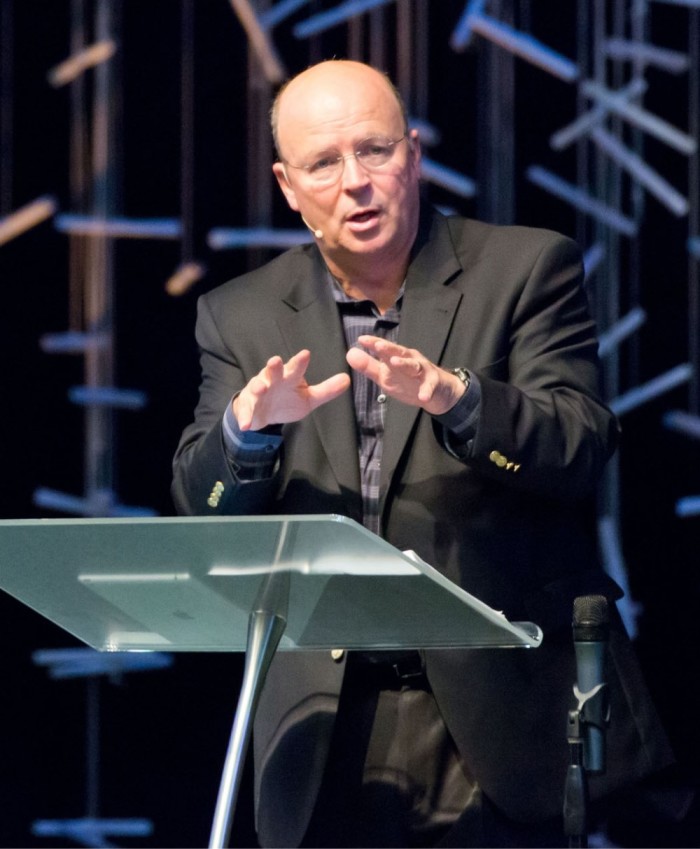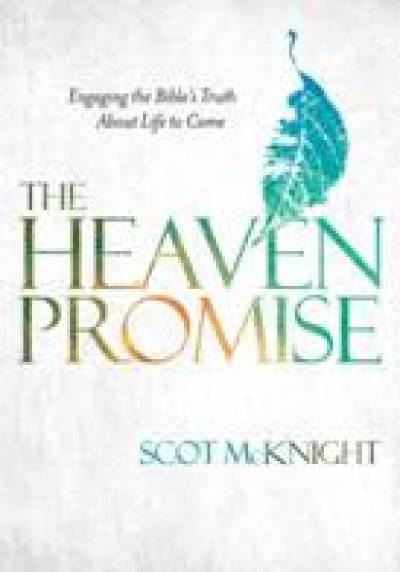Christian Professor Warns: Movies About Heaven, Near Death Experience 'Can Harm Christian Theology'

Christian films continue to dominate at the box office thanks to a growing consumer appetite for faith-based entertainment, but one Christian professor says that a particular theme of Christian films and books, namely those about Heaven and the afterlife, could potentially be harmful to Christianity.
On Friday, the Michael Polish-directed feature film, "90 Minutes in Heaven," which is an adaptation of The New York Times best-selling book of the same name by Pastor Don Piper, was released to theaters across the U.S. It tells the real-life story of a Texas pastor who had a near-death experience and comes more than a year after Randall Wallace's box office hit "Heaven Is for Real," which made $101 million during its box office run. It also comes ahead of the highly anticipated Christian drama "Miracles From Heaven" starring Jennifer Garner.
Scot McKnight, who's a professor of New Testament at Northern Seminary in Lombard, Illinois., shared his concerns about NDE-inspired films and the impact that they can have on Christian theology during an interview with The Christian Post on Friday.
"It has to do first with how we learn to believe what we should believe as Christians and our primary source of information — our foundation of information is the Bible and we challenge all experience on the basis of what we find in the Bible," McKnight told CP.

"I find that, with many people either going to movies or reading these books and stories of near death experiences, I find that people believe these stories because they're so compelling and powerful and real, so people believe that they must be what Heaven is like."
McKnight, who has studied more than 100 NDE stories, said believers should not rely on them as fact because they are not consistent with the Bible.
"If we study what the Bible says about Heaven, we will come to the conclusion that what the Bible says about Heaven is seriously out of synch with what NDEs tell us about Heaven and that deeply concerns me," he continued. "I believe that reliance upon these stories can harm Christian theology and a biblical understanding of what Heaven is like."
Earlier this year, father and son duo, Kevin and Alex Malarkey, who co-authored the 2010 best-selling book The Boy Who Came Back From Heaven, made global headlines when it was revealed that Alex's NDE story was fabricated. The book became widely popular when it was first published in 2010 and it was even adapted into a TV movie in that same year. Two years later, however, Alex admitted that he lied in a letter titled "An Open Letter to LifeWay and Other Sellers, Buyers, and Marketers of Heaven Tourism, by the Boy Who Did Not Come Back From Heaven."
Despite the infamous Malarkey controversy, McKnight, author of The Heaven Promise: Engaging the Bible's Truth About Life to Come, said that not all NDE stories should be completely disregarded as he believes that some of them (particularly Piper's story), might be valid, although believers should ultimately rely on the Bible as fact.
"I don't want to say that there's no truth [to NDEs], that's a very strong statement. ... I want to say that we should not rely on them as a source of information about Heaven," said McKnight. "These are real experiences, I don't believe most of them are fabricated as there's too much common element to these experiences, but I do not believe in them as a source of revelation of what Heaven is like."
He encourged believers to study scripture (Revelation: 20-22) to better understand what Heaven is really like.
"I think the primary text that we have to take a good look at is chapters Revelation 20-22 where we discover a city that is ... a thriving, flourishing city where the lamb is on the throne, where the father is the center," he said.
"These experiences are overwhelming experiences of light. The picture of Heaven in the Bible is not of light but it is of the lamb. It is not of being overwhelmed but it is of being welcomed into the family of God. So I'm concerned about too much faith in what people are experiencing in their NDE and not enough faith in what the Bible has already told us about what Heaven are like."




























